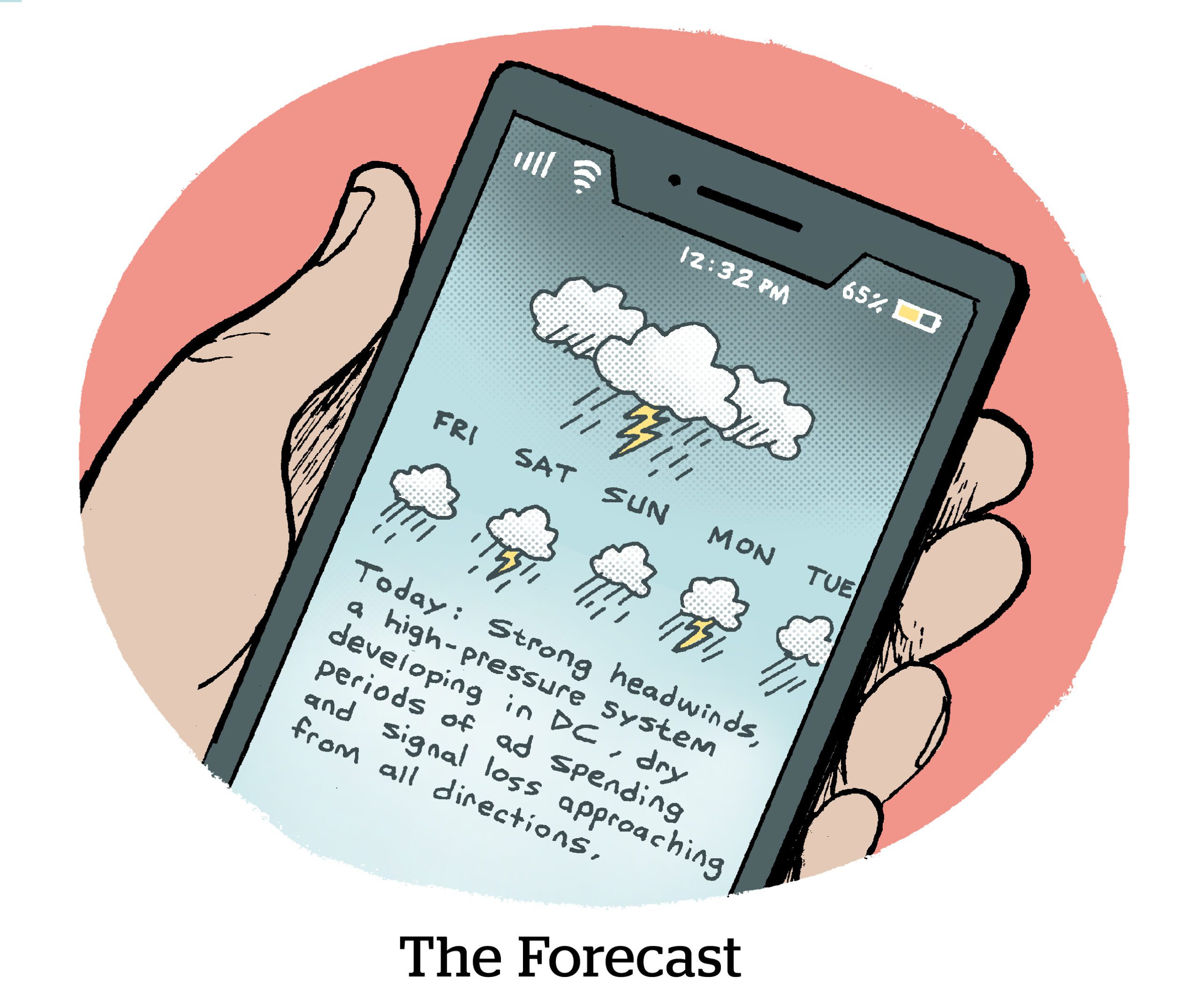
“The Sell Sider” is a column written by the sell side of the digital media community.
Today’s column is written by Kean Graham, CEO and founder, MonetizeMore.
Let’s call a spade a spade. Times are tough, and publishers must navigate through some murky waters to meet their revenue goals.
In Q2 of 2022, the ad tech industry witnessed a remarkable slowdown in scaled deal activity (almost 60%), and many acquisitions compensated for this loss. The reason? Global inflation, the Russia-Ukraine war, rising interest rates and the prospect of a recession are just a few factors.
But what does this mean for publishers in particular, and how can they prepare?
When large publishers start losing money, it’s an ominous signal for the entire ecosystem. The New York Times reported a 2.4% decline in ad revenue in Q2 2022. Vox Media, meanwhile, recently laid off several employees. CEO Jim Bankoff sent a memo to the company, citing economic issues with reduced marketing and advertising spending as primary reasons for the layoffs.
Publishers know that an ad recession is coming and will impact them regardless of their traffic. But they can’t wait for the recession to hit before they take action.
Build a first-party data model
Even if publishers survive the recession, there’s no guarantee their revenue will still stand firm post-third-party cookies. Publishers need a strategy for using their data to drive value. Data is the new currency. It’s time to effectively capture, store and use it to generate revenue streams and value.
Publishers must start investing in first-party data collection features on their websites, such as subscription forms, exit pop-ups, chat windows, etc. They should experiment beyond traditional websites and delve into mobile applications that require a mandatory sign-in feature.
From there, they can use a robust Customer Data Platform (CDP) to organize this first-party data and create user profiles using touch points. Publishers can then directly sell this data to advertisers or use it to improve their websites.

Source: AudiencePlay
Recognize and fight ad fraud
Over the past year, ad fraud schemes have caused publishers and advertisers to lose a lot of money. The digital ad industry suffered an estimated loss of $65 billion due to ad fraud in 2021 alone. As a global recession looms, fraudsters are becoming more active in exploiting the system.
To stay ahead of the challenges, publishers must understand what invalid traffic and bad bots are and take proactive steps to protect their business.
Pick ad vendors wisely
Publishers need to rethink their revenue goals as they choose their technology providers. Sometimes the provider yielding the highest revenue seems like the obvious choice. But another vendor that aligns more closely with a publisher’s strategy and goals might be a better option.
Make inventory worthwhile
Advertisers will be more mindful of their spending during a recession, but that doesn’t mean they will stop investing altogether. For every dime that they invest, it has to be worth it.
Publishers should start looking at the quality of their inventory. Consider how many impressions any ad space gets and which ad spaces on a web page pay the highest. Invest resources in creating quality content that gets recurring traffic with loyal users who stay around for more.
In the end, expect a V-shaped recovery. Publishers should remember that booms and recessions are a natural part of any economic cycle. They should continue to focus on growth above everything.
When a recession is on the horizon, it’s time to start being more cautious. But that doesn’t mean publishers should put all their plans and forecasts aside. Instead, have an agile, real-time approach to modify plans as needed.
Follow MonetizeMore (@MonetizeMore) and AdExchanger (@AdExchanger) on Twitter.








